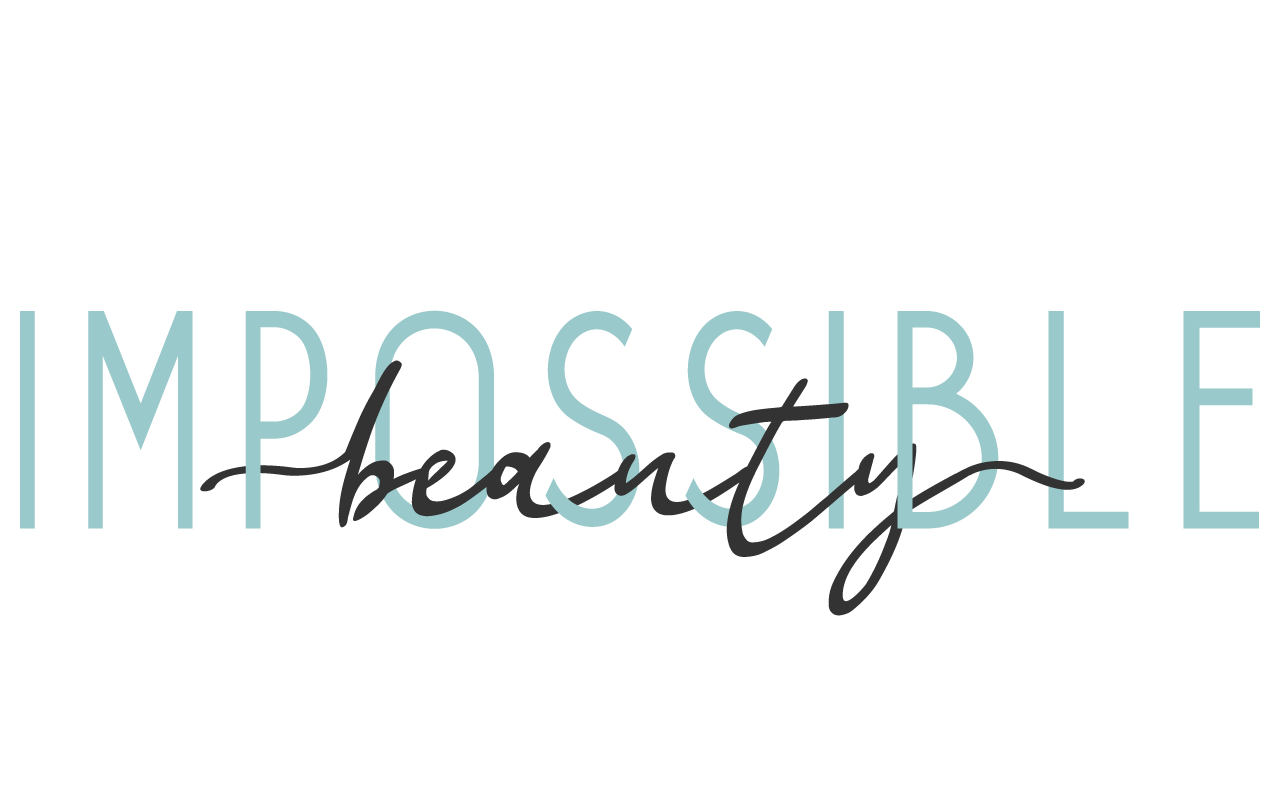Shame by Numbers
Like many things, on their own, numbers are pretty neutral. It’s how we use them that gives them meaning. Do we use them to deplete life and dehumanize (think tattooed arms of Holocaust survivors) or do we use them to bring about life and joy (think of that old door frame in your house with your kids’ heights sketched in pencil, marking the miracle of growing up)? Simply put, numbers can be a powerful thing.
So the question may be, what function do numbers play in our lives? Do they bring about a sense of wholeness and peace in your life or perhaps a sense of depletion and even a sense of “not enoughness”? Crowd favorite Brene Brown describes shame this way: “the intensely painful feeling or experience of believing that we are flawed and therefore unworthy of love and belonging.”1 Essentially, shame is when we feel who we innately are is defective; at our core, we are not enough. And for many women, numbers, in so many ways, are an occasion for shame.
I am seeing all the time the power of numbers to make women feel like they don’t measure up: BMI, miles, clothing size, pounds, calories, steps, and the list goes on. It’s really quite backwards when you think about it though; to equate our innate worth as a human, as a sacred being, and how we feel about ourselves on the basis of a number, but I see women do it all the time.
Like would you ever tell your daughter or friend “you shouldn’t feel worthy of love or belonging today because you ate x calories, failed to run or walk y miles, or because of some number on the scale?” It seems cruel. And yet so many women do this. And the impact runs deep, as in soul-deep.
Like I said, numbers can be powerful.
And, yet, it makes sense we think this way. It’s the water we’ve swum in for decades. We have been prescribed certain cultural narratives, certain scripts around numbers. Certain numbers “should be” less (think calories in your food or numbers on the scale), while other numbers “should be” high (think miles run or steps taken). These are the cultural scripts we are given and reminded of and sold countless times a day. Over. And. Over. And. Over again.
And, yet, we don’t need to think this way anymore.
I think it’s time we take a fresh look at numbers, maybe even a neutral take on numbers. What if instead of numbers being an occasion for shame, an impetus for “not enoughness,” they were neutralized? They simply were. A measurement of time or energy or distance with no particular meaning or belief or personal worth tied to them. As in, how you felt about yourself was not dictated by the “lowness” or “highness” of any certain number or measurement.
More than that, what if we gave numbers a new narrative, one that actually made sense and maybe even enriched our lives? What if food were a gift that properly nourished our mind and bodies in pretty miraculous ways. And what if movement and exercise were seen as a sign of life; the ability to move and run and play as occasions for invigoration and refreshment? And what if our bodies were not ornamental in nature, but instead our vehicles for doing good and even beautiful things in the world.
You see, we have been given this one life. And, quite honestly, it’s too short and too sacred to see numbers and see ourselves the way we have been taught by American advertising and diet culture. If our head space and heart space were freed from the shame associated with numbers and how we “measure up,” just think of what we could do with it.
If women were freed from that kind of shame, freed to harness and align with authentic beauty in them and all around them, we would undoubtedly change our world. We’d very likely change the world around us too.
1 Brown, B. Daring Greatly: How the Courage to be Vulnerable Transforms the Way We Live, Love, Parent, and Lead,” p. 69 (New York: Gotham Books, 2012)
Photo credit: Luke Chesser on Unsplash
